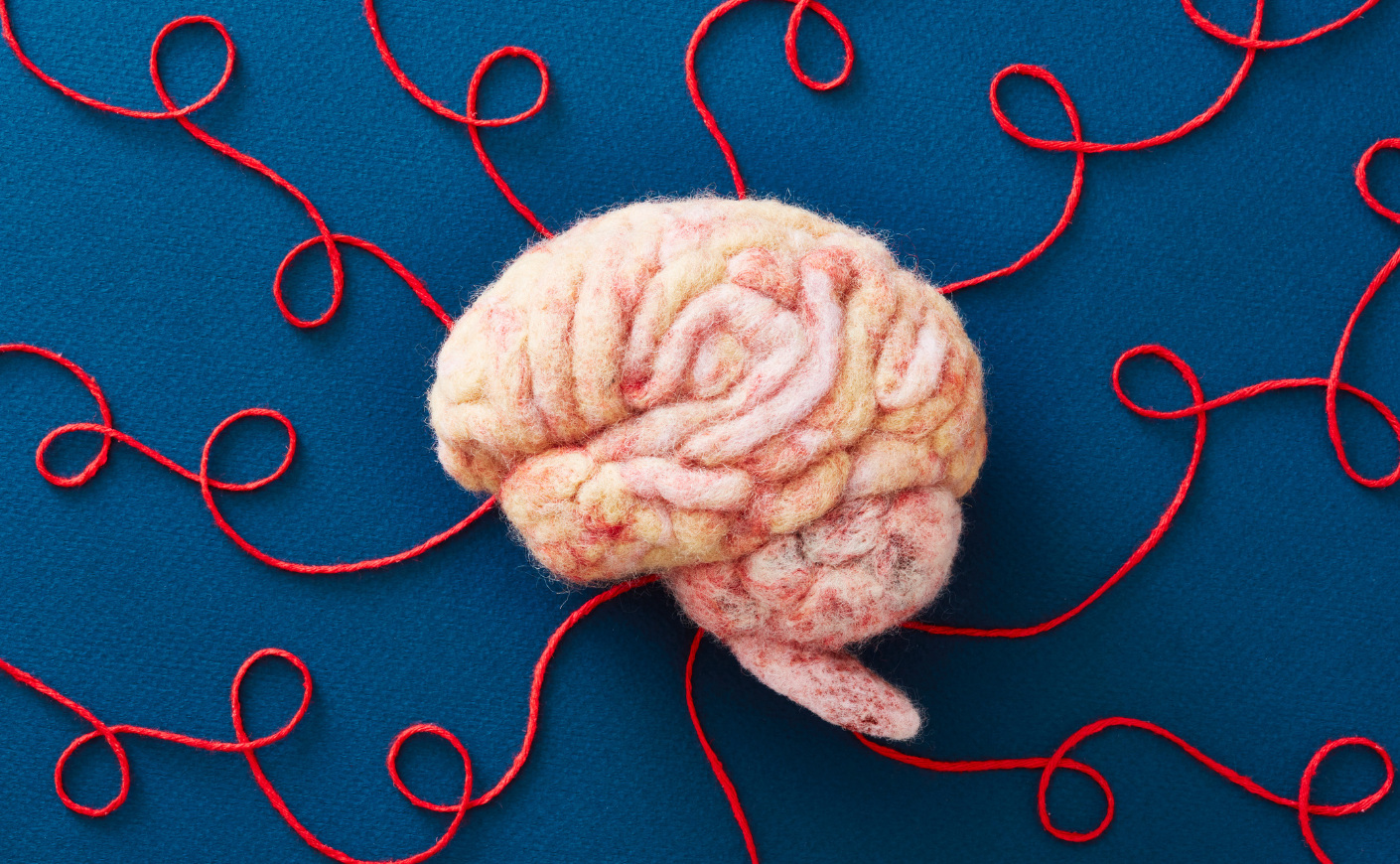Here's a startling fact: About 45 percent of dementia cases can be prevented through modifiable risk factors. And while we hear plenty about diet and exercise, there's one risk factor with even greater impact: social isolation.
Social isolation accounts for 5 percent of dementia cases, more than physical inactivity (2 percent) or obesity (1 percent). Simply staying connected isn't just good for emotional well-being — it's one of our most powerful tools to protect our brains as we age.
Over 20 years ago, my team launched the first NIH-funded study testing whether conversational engagement could enhance neural connectivity and buffer against brain changes. This was based on cognitive reserve theory, which is the idea that rich, stimulating experiences help our brains become more resilient to damage.
When talking really is medicine
What we discovered through our I-CONECT study was remarkable. We worked with 186 socially isolated adults aged 75 and older, including those with normal cognition and others with a mild cognitive impairment diagnosis, also known as MCI. Using internet connections and webcams, we arranged 30-minute guided conversations with trained staff four times a week for six months.
These weren't medical appointments — they were genuine conversations about daily life, current events, and personal memories, designed to encourage reminiscence, vocabulary development, and critical thinking through natural dialogue. We rotated conversation partners and built each session around a theme that included pictures designed to spark engaging conversation.
The results exceeded expectations. After six months, participants showed significant cognitive improvements. Those with mild cognitive impairment had better global cognitive function, while those with normal cognition showed improved executive function, which includes skills for planning, problem-solving, and adapting to new situations.
Brain imaging revealed something even more exciting: increased connectivity in the dorsal attention network, which is the part of the brain that's crucial for maintaining focus. We found that regular conversations were literally reshaping their brains.
Four tips to stay sharp
If you're caring for an aging parent or spouse, or are concerned about your own cognitive health, there are meaningful steps you can take right now to strengthen social connections and stimulate cognitive engagement.
Create routines: Prioritize regular calls or video chats, especially with isolated family members. Aim for several meaningful conversations weekly.
Challenge the brain: Ask open-ended questions requiring reflection. Discuss current events or ask for perspectives on complex topics.
Make it visual: Share photos or mementos that spark detailed memories.
Stay consistent: Just as we schedule exercise for physical health, schedule social interaction for brain health.
Making clinical-grade conversations accessible
Regular conversations with loved ones should be encouraged. However, the dramatic improvements we observed came from semi-structured, guided conversations designed to systematically engage thinking and memory — embedded within the simple act of talking with others, which anyone can do without much effort.
Our breakthrough wasn't from conversation alone — it came from carefully designed, therapeutically structured interactions guided by trained professionals. These systematically target specific cognitive functions using evidence-based techniques developed through decades of research.
For years, this presented a challenge: How do you scale specialized sessions to reach millions who could benefit? The answer is artificial intelligence.
We're exploring how A.I. can deliver the same structured, therapeutic conversations that proved effective in our trial. This isn't about replacing human connection — it's about making specialized cognitive interventions accessible to everyone and building confidence to connect with friends and loved ones even more. Companies like NewDays are translating our research into real-world applications, combining our validated protocols with A.I. technology and clinical supervision. People can now access the same structured cognitive engagement previously available only in research settings.
A personal mission
This work is deeply personal to me: My mother developed Parkinson’s disease, followed by dementia, and passed away at the age of 76. I vividly remember how delighted she was to video chat with me during the early stages of her illness, while she was still able to navigate the technology. This was over 20 years ago, well before user-friendly video chat platforms existed. That experience inspired my initial NIH-funded proof-of-concept study in the early 2000s. But what drives me is growing evidence that we're not powerless against cognitive decline. We have tools that can make a real difference.
The old model focused on managing decline after it occurred. The new model emphasizes prevention and maintaining function. Social engagement isn't just nice to have, but rather a cornerstone of brain health.
As we research the biological mechanisms behind these interventions, one thing is clear: Staying socially connected preserves the essence of who we are. In a world where technology often isolates, it's encouraging that the same technology can also lead us to meaningful connection and cognitive resilience.
The conversation that could protect your brain health is closer than you think.
Dr. Hiroko Dodge is Professor of Neurology at Harvard Medical School, Director of Research Analytics at Massachusetts General Hospital's Interdisciplinary Brain Center, and Principal Investigator of the I-CONECT study. She serves as an advisor to NewDays, a company translating her research into accessible cognitive health solutions.









